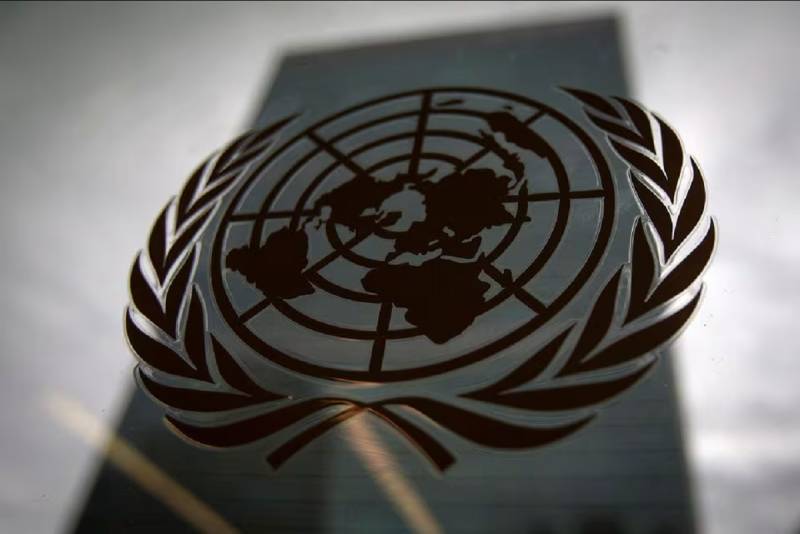
After five months of conflict that has seen over 30,000 people killed in Gaza, the United States finally agreed to a resolution which supported "the imperative of an immediate and sustained ceasefire", but it was defeated by vetoes from two other permanent members for its ambiguous language.
The US, which is the main ally of Israel extending economic and military support to continue its brutal campaign since October 7 in Gaza, had used its power to veto to defeat at least three resolutions calling for a ceasefire in the past five months. However, this week it moved for the first time a resolution in which it highlighted the importance of a ceasefire.
The draft stopped short of explicitly demanding that Israel immediately end its campaign in Gaza. Instead, it employed delicate language to dance around the critical issue as it "determines" the "imperative" of an "immediate and sustained" ceasefire.
It also linked the "imperative" ceasefire to the success of ongoing talks, led by Qatar with support from the United States and Egypt, to halt fighting in return for Hamas releasing hostages.
The resolution also condemned the Palestinian organisation Hamas for perpetrating the attack on October 7.
However, Russia and China opposed the US motion. They were joined by Algeria, the Arab nation currently on the Security Council and the co-sponsor of a newer, tougher resolution, which is scheduled for a vote on Saturday.
Russia's Permanent Representative to the United Nations, Vasily Nebenzia, termed the US-sponsored motion a "hypocritical spectacle".
It said the US motion would have done nothing to rein in Israel and mocked Washington for speaking of a ceasefire after "Gaza has been virtually wiped off the face of the Earth."
Nebenzia said the US draft was an attempt to "play to voters and throw them a bone in the form of some kind of a mention of a ceasefire in Gaza."
The resolution, he said, would "ensure the impunity of Israel, whose crimes are not even assessed in the draft."
Chinese Ambassador Zhang Jun accused the US of creating a draft that "dodged the most central issue, that of a ceasefire" through its "ambiguous" language.
"Nor does it even provide an answer to the question of realising a ceasefire in the short term," he said.
US in blue corner
The vote came up as the US Secretary of State visited Tel Aviv and met with Israeli Prime Minister Benjamin Netanyahu with wide smiles on their faces.
Blinken said Russia and China had "cynically vetoed" a resolution which had "strong support".
He claimed that the resolution aimed to demonstrate to the international community "a sense of urgency about getting a ceasefire."
Blinken's arrival, however, was met with an Israeli statement announcing the seizure of 800 hectares of land in the occupied West Bank to expand settlements. This is the largest such announcement in decades, activists said.
Even though such actions are considered illegal under international law, far-right Israeli Finance Minister Bezalel Smotrich announced the redesignation of an area of about 1,980 acres in the northern Jordan Valley as Israeli "state land".
Smotrich has vowed to expand Jewish settlements in the West Bank, an action which has attracted sanction from the US in recent months and termed a redline by the Biden administration.
Israeli settlement watchdog Peace Now said the seizure was the single largest since the 1993 Oslo Accords and termed the timing of the announcement a "provocation".
After meeting with Blinken, Netanyahu released a video announcing plans to attack "battalions" in Rafah, where hundreds of thousands of displaced from the rest of Gaza have been camped for weeks. In the video, Netanyahu explicitly refers to Blinken and says that Tel Aviv will push ahead regardless of US support.
The UN high commissioner for human rights, Volker Turk, said last week that Israel's settlement expansion constituted "a war crime" and risked eliminating any possibility of a viable Palestinian state.

